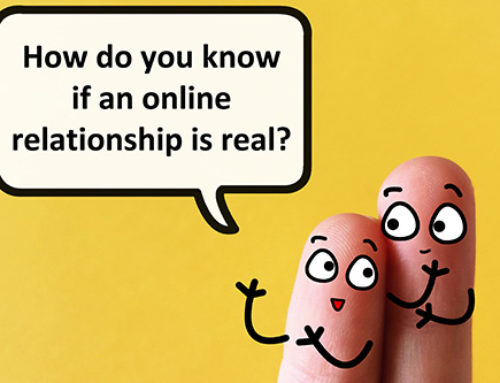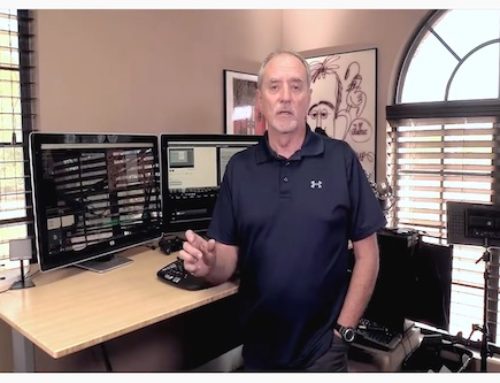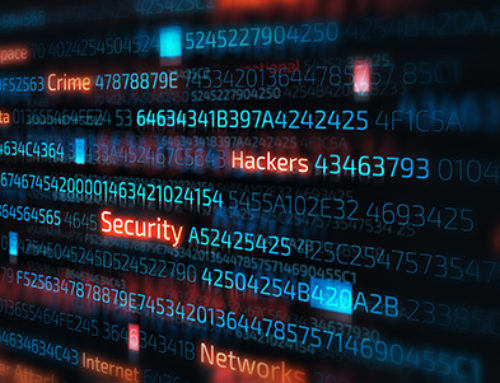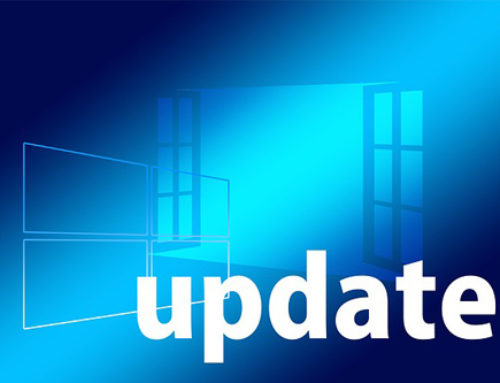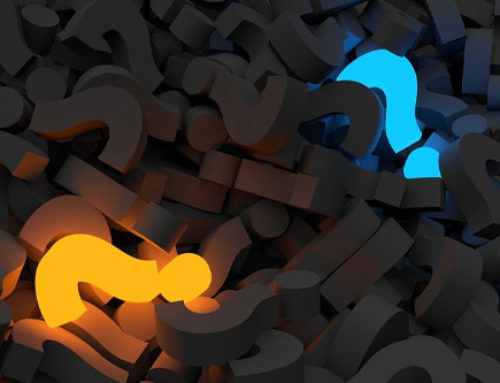Wondering if social media is safe?
Social media is a great way to stay in touch with friends and family and to follow your favorite organizations, interests and causes. But there are some risks. Here are just a few things to keep in mind to make sure you are using your favorite social media channels safely:

Social media is not necessarily private. Even if you share a message or photo with someone privately, you lose control as soon as it’s in someone else’s hands. Assume that everything you share on social media has the potential to be public. This includes sharing your whereabout and when you are out of town.
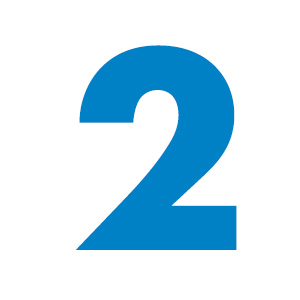
Not all social media contacts are genuine. Anyone can create a social media account and call themselves by any name. Scammers often clone existing real accounts in order to get personal information.

Think twice before you participate in social media surveys. They can seem harmless, but they can be a way for scammers to initiate a conversation with you. Make sure you are confident of the source of the survey before you fill it out.
Want more information?
Check out this YouTube video or visit our Safety page.
Protecting Your Privacy on Social Media
6 hints about what to share & who to share it with
Pay attention to what you share on social media websites. Cybercriminals do! Social media sites include Facebook, Instagram, Twitter, Next Door, dating sites and more.
- 1. Once something you share is in someone else’s hands you have lost control over how they share it.. The safe bet is to assume everything you share on social media as potentially public.
- 2. Are people who they say they are? Not all the time! It is easy to create a social media account and pose as anyone. Scammers often clone existing accounts of real people then use those accounts for criminal activities. Cyber crooks use fake social media accounts to fish for personal information they can use for identity theft or other criminal activities. Treat connection requests carefully and never assume someone is who they say they are.
- 3. Should I fill out surveys online? It is best to be safe rather than sorry. If a survey then uses the information you provided to target you for marketing or fraud, you’ve invited someone to target you by participating in a survey. Some surveys use a “foot in the door” approach to initiate a conversation that is then used to try and extract personal information. We recommend not filling out surveys to be safe – while it might be fun or interesting, unless you are absolutely sure of the source of the survey, do not fill it out.
- 4. Should I be concerned with sharing my activities? Use common sense and realize that some sharing might be risky. YES! For example, if you are away from home and sharing information that directly or even indirectly tells people you are away, you are putting yourself at risk by telling people your home is potentially empty and therefore a target., Be aware that you might be sharing information that, if in the wrong hands, will be harmful. For instance, we all love to share the having fun at the beach pics, but you are telling the world that your home is vacant if you share that information while you are actually still on vacation. Make sure you aren’t sharing too widely.
- 5. Should I use apps and games that are on the social media site? Chances are they are ok, but be aware that games and other apps sometimes request access to information they then sell to marketers. Some games have even been known to sell real-time locations of users. Companies are trying to crack down on abuse, but you should always be careful.
- 6. How can I spot a fake social media profile? Beware of any requests for a new connection from someone you are already connected to on the social media site. Chances are the second request is a fraudulent clone. Contact your friend directly. Fake accounts often have very few connections, few pictures or posts, and a short history. Look for grammatical errors or other mistakes that might indicate a foreign scammer or accounts that are hastily created.
Oasis Connections has been teaching adults to be safe online since 2004.
AT&T supports the Oasis Institute, a non-profit educational organization that promotes healthy aging through lifelong learning, active lifestyles and volunteer engagement.

